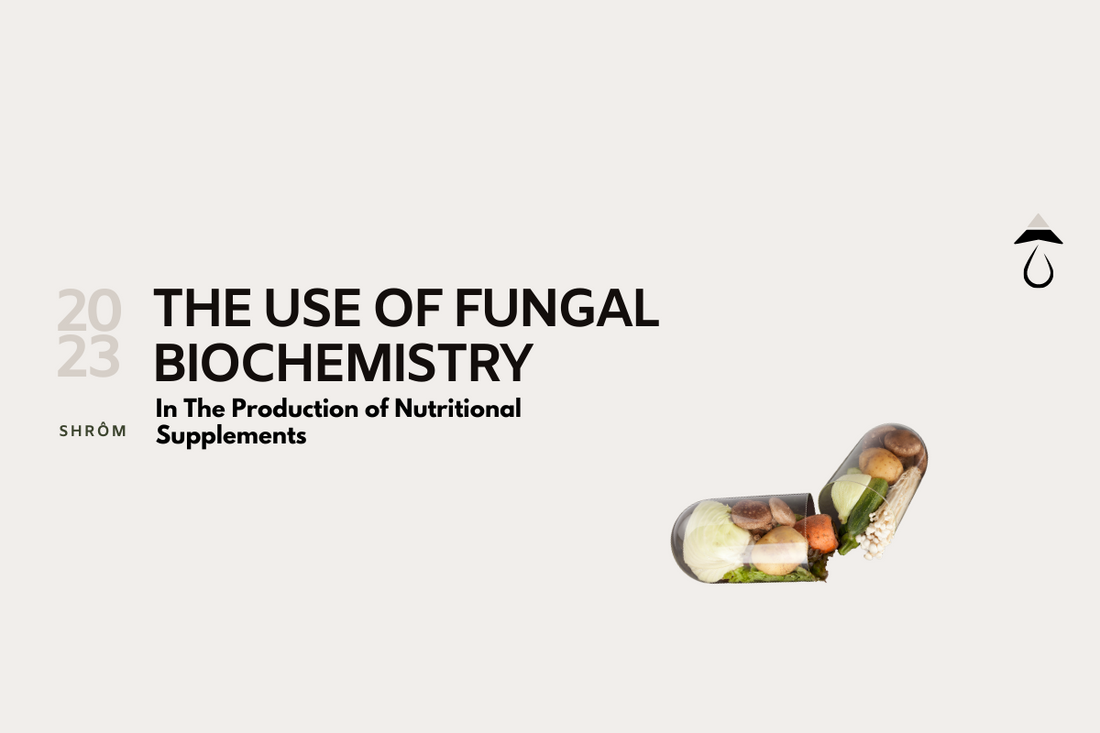Nutritional supplements are essential for maintaining and boosting human health. Traditional methods of producing these supplements, such as synthetic chemical processes or animal extraction, can be costly, unsustainable, and even damaging to the environment. Fungal biochemistry provides a more sustainable method of producing nutritional supplements.
Fungi can synthesize a wide range of nutrients, including vitamins, minerals, and amino acids, which are necessary for human health. They can also manufacture these nutrients in high amounts, making them an attractive source of nutritional supplement synthesis. Furthermore, fungi's metabolic pathways for synthesizing these nutrients are well characterized, enabling for the manufacture of high-quality supplements with constant composition and potency.
Ergosterol, a precursor of vitamin D, is one example of a nutrient generated from fungi. Vitamin D, which is frequently added to dairy products or taken as a supplement, is crucial for the absorption of calcium and the preservation of strong bones. However, many people, especially those with lactose sensitivity or intolerance, or people that follow vegan diets, might not obtain enough vitamin D from their diets. A sustainable and secure substitute for vitamin D supplementation can be found in fungus-derived sources of ergosterol, including mushrooms.
Fungi can also create a range of bioactive substances that have the potential to be beneficial to health, in addition to vitamins and minerals. For instance, beta-glucans, which may be found in the cell walls of many funguses, have been demonstrated to have immunomodulatory effects and may have potential advantages for cardiovascular health.
The biochemistry of fungi offers a promising alternative for the production of nutritional supplements. The ability of fungi to synthesize a wide range of essential nutrients and bioactive compounds in large quantities, combined with their sustainability and safety, make them an attractive source for supplement production. By utilizing the biochemistry of fungi, it is possible to improve human health while also reducing the environmental impact of supplement production.
